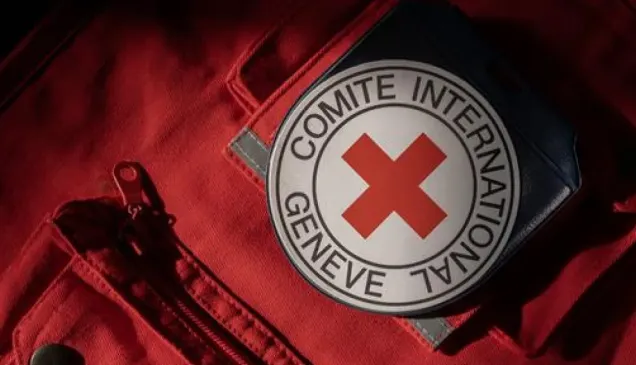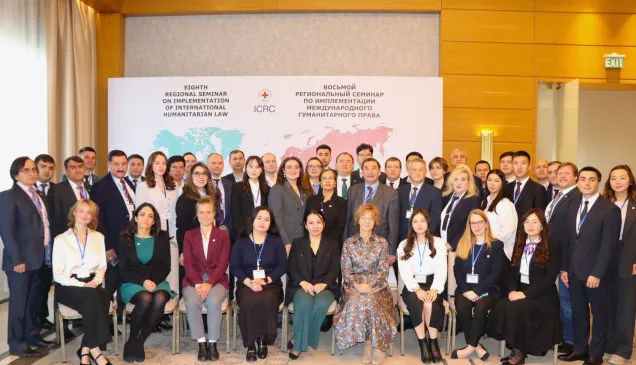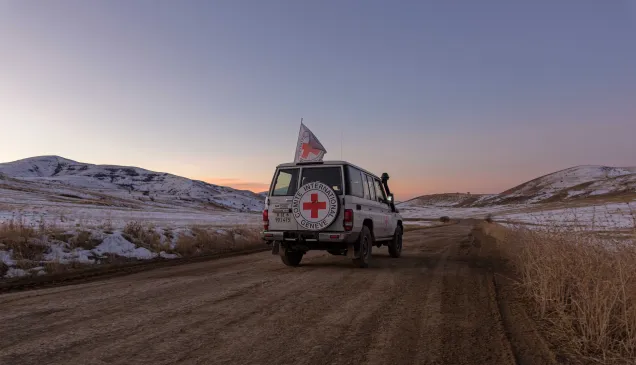Azerbaijan: Pilot project gives quality medical care and a model to follow
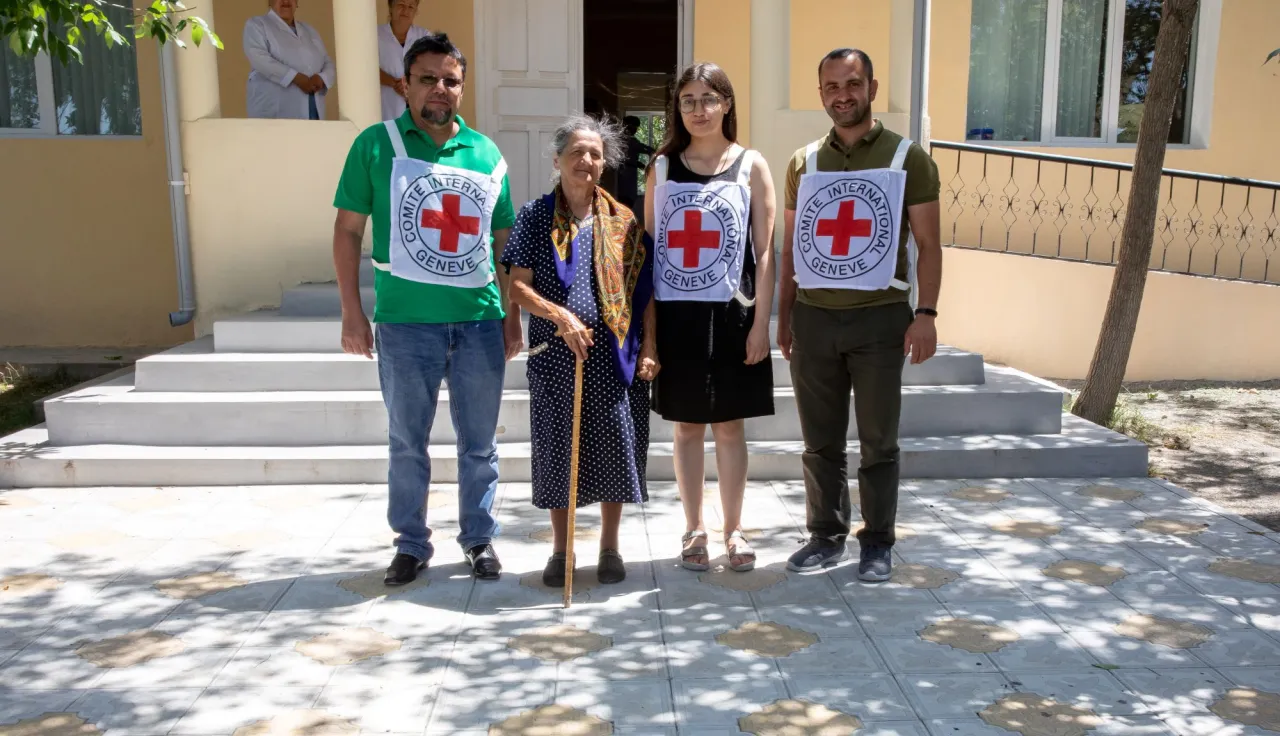
The obvious signs of the impact of conflict can no longer be spotted on the streets of Afatli, Borsunlu and Sarov communities of Agdam and Tartar districts in Azerbaijan, which were among the most affected areas during the 2020 autumn hostilities.
The disrupted electricity lines, broken water pipes and run-down homes, schools and public health centers have been repaired or renovated to help the community slowly come back to normalcy again. But the people continue to have vivid memories of how their everyday lives were disrupted and basic necessities became privileges.
Giving a peek into the everyday challenges of their community, Elsever, who is wheelchair bound since an accident 13 years ago, and his elderly mother Mahbuba, a diabetic, share how they struggled to access essential health care in Afatli village of Agdam district.
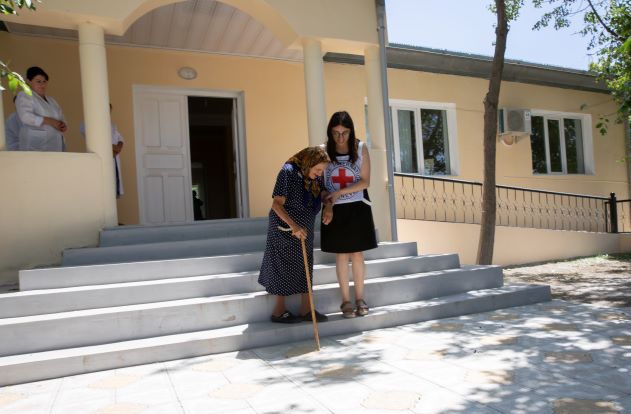 © Aida Aliyeva/ICRC
© Aida Aliyeva/ICRC
Mahbuba shares that she and her son have to often visit health-care centers for treatment.
"I have been suffering from diabetes for 21 years and I had to travel to other districts to get my medicines because they were not available in our primary health center," she says.
Mahbuba adds that it was also a big challenge to get medical care for her son. "He served in army in the 1990s and we thank God he came back safe and sound from the front line. But he was severely injured when a sycamore tree in our own yard fell on him. He has been on a wheelchair since," she says.
 © Aida Aliyeva/ICRC
© Aida Aliyeva/ICRC
Elsever shares that he has to regularly visit the primary health center for consultations and to get intravenous fluids. "But I could not go inside the facility because it did not have a ramp for the wheelchair. So, I used to wait in the yard to get the drip. It was particularly hard in the winters. The nurses would wrap me up and also wrap the serum with a towel to keep it from freezing because of the extreme cold," he says.
 © Aida Aliyeva/ICRC
© Aida Aliyeva/ICRC
Firuza, head of Afatli primary health center, confirms that they lacked the required facilities to provide quality medical care to the community. "The infrastructure and electricity supply system were very poor at the center. It was hard for patients, especially children, to get proper medical services as we did not have an appropriate check-up room," says Firuza.
 © Aida Aliyeva/ICRC
© Aida Aliyeva/ICRC
Responding to the situation, the International Committee of the Red Cross (ICRC), together with Azerbaijan health authorities, planned a one- to two-year primary health-care pilot project to support three health facilities in Agdam and Tartar districts. The project aims to strengthen the capacity of primary health-care facilities and demonstrate a primary health-care model that is tailored for the region, which can later be scaled-up to be implemented across the country.
 © Aida Aliyeva/ICRC
© Aida Aliyeva/ICRC
As part of the project, in 2022 the ICRC helped to renovate the public health center in Afatli and improve the infrastructure, including the electricity, heating and water supply systems, external toilets and washing unit, septic pit, incinerator, etc. A ramp was also constructed at the facility to make it accessible for people with disabilities. Now Elsever is able to visit the center without hesitation.
The ICRC is an impartial, neutral and independent organization whose exclusively humanitarian mission is to protect the lives and dignity of people affected by armed conflict and other violence.

